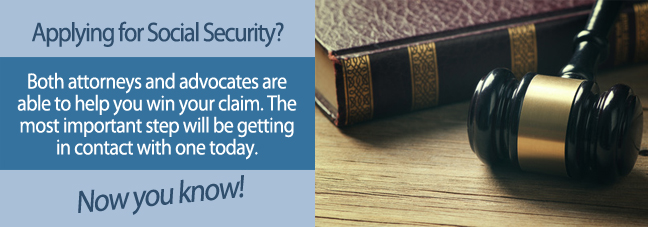An approval for disability benefits brings a degree of financial security for you and your family, something you may have feared you’d never have again after your disability put you out of work. Before you can start collecting disability though, you’ll need to apply for benefits and support your claim with appropriate medical records and other documentation. Following, you’ll learn what documents and forms to submit along with your application, and which are most useful at the appeals level instead.
Medical Records
Medical documentation is the key to approval and the most crucial part of your supporting evidence. Records can include notes from your doctors’ appointments, hospitalization records, reports from emergency room visits, lab work and other diagnostic test results, surgical notes and pathology reports, and prescription records, to name just a few.
The exact records you’ll need are outlined in the SSA’s Blue Book. Get help from your doctor in determining if your medical evidence is sufficient or if additional tests should be performed to support your claim for benefits.
Employment Details and Records
You’ll need the names and contact information for your former employers from at least the last ten years, but other employment records can also be useful, especially if you have to appear at a disability appeal hearing. Helpful records may include things like attendance details or statements from your former employer about how your physical or mental limitations affected your performance of essential job functions.
Education and Training Information
Your formal education and job training details will be among the questions you answer on the disability application. If you’re applying for benefits on behalf of a child however, the SSA may need information from your son or daughter’s school, including any special education plans, learning assessment reports, and physical and mental accommodations the school has made.
Financial Records
If you’re applying for SSI in addition to or instead of SSDI benefits, then financial records will be a required part of your documentation. These records may include bank statements and reports from any other benefits you receive.
Statements and Reports from Others
A written summary from your doctor, detailing your medical history and current disability can be quite helpful at the initial review and appeals stages. Written statements from friends and family don’t carry as much weight though. That being said, the SSA typically asks you to designate friends, family members, or others who know a great deal about the daily challenges your disability causes.
The SSA may ask you, your doctor, and others for more information about your physical and/or mental limitations. You can download and work on your own functional report in advance and have it ready for submission. If you designate a friend, family member, or someone else to give the SSA more information on your disability, be sure to give that person a head’s up. You can even provide them with the third party functional report to complete in advance, so they’re also ready to submit it as soon as the SSA requests it.
Documents For Disability
Some documents that you will need to compile in order to apply for disability include a birthcertificate or other proof of birth to show proof of U.S. citizenship/lawful alien statius if you are not a citizen of the U.S. If you served in the military before 1968, you will need to provide your U.S. military discharge papers. Additionally, compile your W-2 forms or self-employment tax returns from last year, an adult disability report, medical records, and any other proof of temporary workers compensation. Putting together all of the previously listed documents for disability will likely make your application process quicker.
Getting Help with Your Claim
A disability claim can take a lot of time, work, and effort, not to mention patience. Many applicants are denied at the initial review stage and must go through additional reviews and appeals before having a final decision on eligibility. A Social Security disability advocate or attorney can help you gather documentation to support your claim and potentially improve your chances of approval. He or she can assist with filing your claim, requesting a second review, and with preparing for and appearing at an appeal hearing, if one is necessary.
